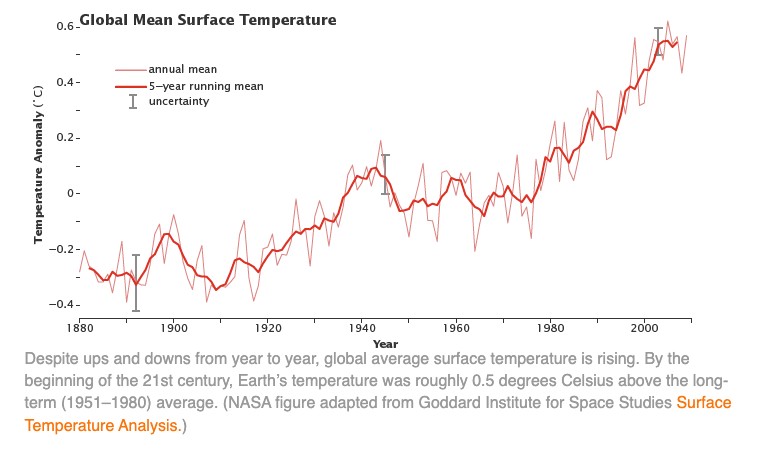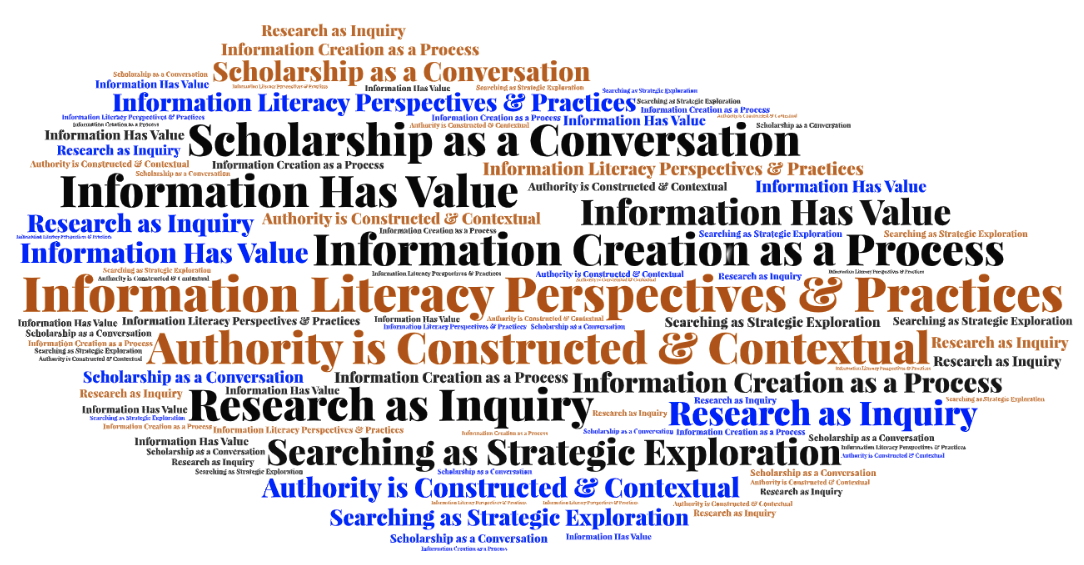Empirical Knowledge – Empiricism
What is Empirical Knowledge? Empirical knowledge is information derived from sensory experience, observation, or experimentation. Unlike theoretical or innate knowledge, it is grounded in direct, observable evidence and practical experience. This type of knowledge is essential in research-based writing and fields like the natural sciences. What is Empiricism? Empiricism refers to a theory of knowledge ...




